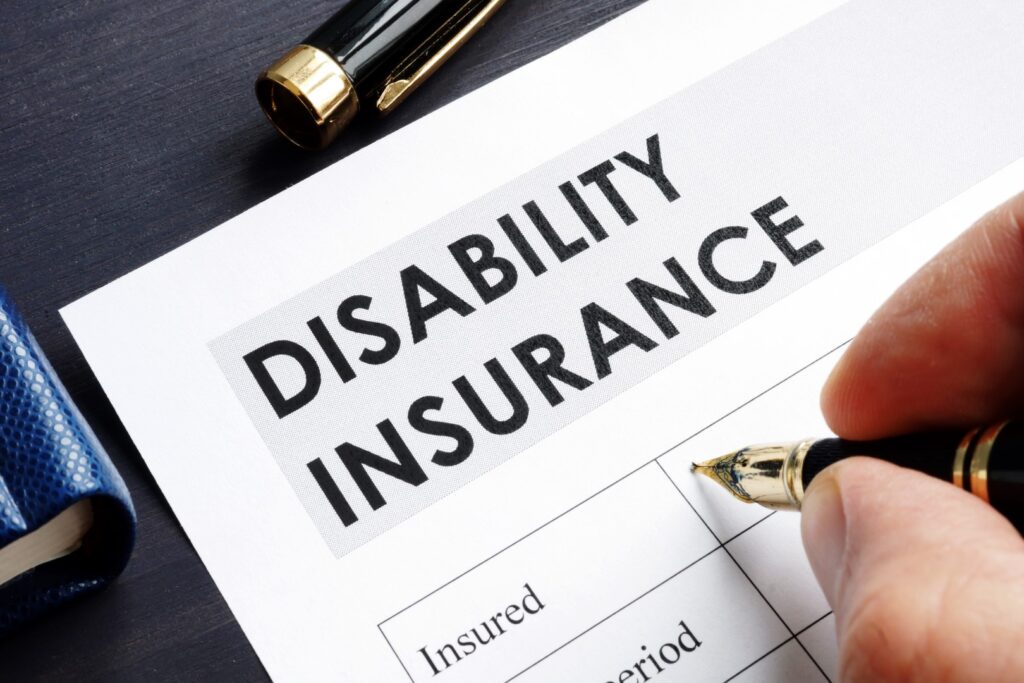Insurance is an important tool for protecting yourself and your assets from unexpected events. However, with so many different types of insurance available, it can be confusing to know which ones you really need. In this article, we’ll explore the most common types of insurance and help you understand which ones are essential for your financial well-being.
Health Insurance
Health insurance is one of the most important types of insurance you can have. It helps cover the costs of medical expenses, including doctor visits, hospital stays, and prescription drugs. Without health insurance, a serious illness or injury could lead to financial ruin.

In the United States, health insurance is often provided through employers or purchased through government-run programs like Medicare or Medicaid. If you’re self-employed or your employer doesn’t offer health insurance, you may need to purchase a policy on your own. It’s important to carefully review your options and choose a plan that fits your needs and budget.
Life Insurance
Life insurance provides financial protection to your loved ones in the event of your death. It pays out a lump sum to your beneficiaries, which can be used to cover expenses such as funeral costs, mortgage payments, and living expenses.
There are two main types of life insurance: term life insurance and permanent life insurance. Term life insurance provides coverage for a specific period of time, typically 10 to 30 years. It’s generally less expensive than permanent life insurance and can be a good option for young families or those on a tight budget. Permanent life insurance provides coverage for your entire life and often includes a savings component. It can be more expensive than term life insurance but can offer additional benefits such as building cash value.
Auto Insurance
Auto insurance is a legal requirement in most states and is designed to protect you financially in the event of an accident. It provides coverage for damage to your car, liability for injuries or damage you cause to others, and medical payments for you and your passengers.
When choosing an auto insurance policy, it’s important to consider the level of coverage you need, your deductible, and your budget. While it may be tempting to choose the cheapest policy available, it’s important to make sure you have adequate coverage in case of an accident.
Homeowners or Renters Insurance
Homeowners and renters insurance provide financial protection for your home or apartment in the event of damage or theft. Homeowners insurance covers damage to your home and personal property, as well as liability for injuries or damage you cause to others. Renters insurance provides similar coverage for renters, but only covers personal property and liability.
When choosing a homeowners or renters insurance policy, it’s important to review the coverage limits, deductibles, and exclusions. You may also want to consider additional coverage for high-value items such as jewelry or artwork.
Disability Insurance
Disability insurance provides income replacement in the event that you become unable to work due to a disability. It can help cover expenses such as mortgage payments, utilities, and other living expenses while you are unable to work.
There are two main types of disability insurance: short-term disability insurance and long-term disability insurance. Short-term disability insurance provides coverage for a period of weeks or months, while long-term disability insurance provides coverage for a longer period of time, typically several years or until retirement age.

Umbrella Insurance
Umbrella insurance provides additional liability coverage beyond the limits of your other insurance policies. It can help protect you from financial ruin in the event of a catastrophic event, such as a major car accident or lawsuit.
Umbrella insurance is not always necessary, but it can be a good option for those with significant assets or a high risk of being sued. It’s important to review your coverage needs with an insurance professional to determine if umbrella insurance is right for you. Remember, insurance is not a one-size-fits-all solution, and your needs may change over time. It’s important to review your policies regularly and make adjustments as needed to ensure you are adequately protected. With the right insurance coverage in place, you can have peace of mind knowing that you and your loved ones are financially protected against life’s uncertainties.
